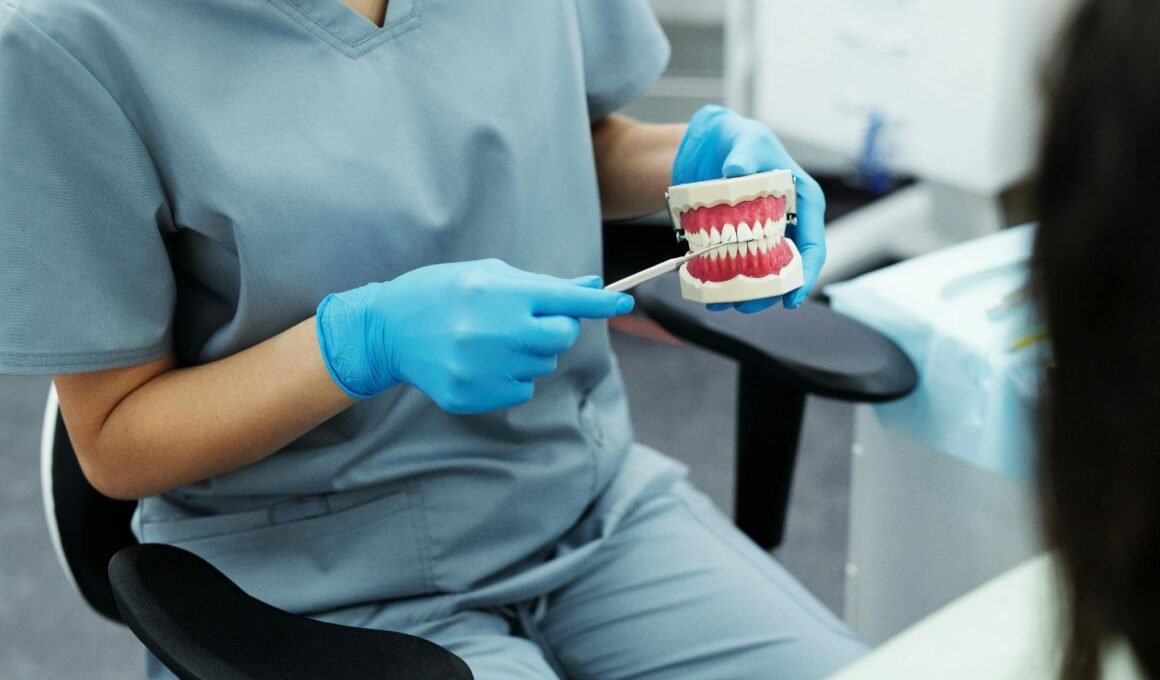Have you ever skipped a dentist visit because your teeth felt fine? You are not alone. Many people believe things about dental care that simply are not true. These common myths can sound harmless, but they can actually cause long-term damage to your teeth and gums.
Taking care of your mouth is about more than brushing once or twice a day. It is about understanding what really keeps your smile healthy. In this article, we will look at some of the most common dental myths that might be hurting your oral health without you realizing it. By learning the facts, you can make better decisions for your smile and your overall well-being.
1. “If My Teeth Don’t Hurt, They’re Healthy”
A lot of people think that no pain means no problem. The truth is, many dental issues start quietly. Cavities, gum disease, and even infections can develop without any pain in the beginning. By the time you feel discomfort, the issue might already be serious.
Dentists can spot early signs of problems before they turn into painful or costly treatments. Regular cleanings and exams help keep your mouth healthy and prevent small issues from growing. Clinics like Alpine Creek Dental provide thorough checkups that include deep cleaning, gum health evaluations, and early cavity detection to protect your teeth long before pain starts. Even if your smile feels fine, staying consistent with professional visits keeps your dental health on track.
2. “Brushing Harder Cleans Better”
This myth might seem to make sense, but brushing too hard can actually harm your teeth. When you scrub with too much pressure, you can wear down enamel, the protective layer that keeps teeth strong. It can also hurt your gums and cause them to recede.
The best way to brush is gently. Use a soft-bristled toothbrush and move it in small, circular motions. Hold your brush at a slight angle and focus on each tooth. You do not need to apply force to clean effectively. Good brushing is about technique, not pressure.
3. “You Don’t Need to Floss Every Day”
Some people believe that brushing alone is enough. But brushing cannot reach the spaces between your teeth. That is where plaque builds up. If plaque stays there, it hardens into tartar and can cause gum disease or cavities.
Flossing removes what your toothbrush cannot. It helps keep your gums healthy and prevents bad breath. If you find it hard to remember, try keeping floss near your toothbrush so it becomes part of your daily routine. Floss once a day, preferably before bed, so your mouth stays clean overnight.
4. “Whitening Toothpaste Can Replace Professional Whitening”
Many people reach for whitening toothpaste to brighten their smiles. These products can help remove surface stains, but they do not change the natural color of your teeth. Most whitening toothpastes contain mild abrasives that polish the outer layer of enamel. While that can make teeth look cleaner, it will not give the same results as a professional whitening treatment.
Dentists use safe, controlled whitening systems that target deeper stains. They also check your teeth to make sure whitening is suitable for you. Overusing store-bought whitening products can cause sensitivity or even weaken enamel.
5. “Sugar Is the Only Cause of Cavities”
Sugar is one of the main reasons people get cavities, but it is not the only one. The real issue is how long sugar stays on your teeth. Bacteria in your mouth feed on it and produce acid that eats away at enamel. However, other habits can also lead to cavities.
Frequent snacking, drinking acidic beverages like soda or juice, and dry mouth can all increase your risk. Even “healthy” snacks such as dried fruit can be sticky and harmful if not followed by proper brushing.
To protect your teeth, drink water after eating and rinse your mouth when you cannot brush right away.
6. “Kids Don’t Need to See a Dentist Until They Have All Their Teeth”
This is one of the most common myths parents believe. Baby teeth might seem temporary, but they play a huge role in a child’s development. They help with chewing, speaking, and holding space for permanent teeth.
Dentists recommend that children have their first dental visit by age one or within six months of getting their first tooth. Early visits help children feel comfortable in the dental chair and allow dentists to catch problems early. Regular checkups also teach kids healthy habits that last a lifetime.
Healthy smiles do not just happen. They are the result of consistent care, smart habits, and accurate information. Believing in dental myths can lead to choices that harm your teeth in the long run. The good news is that it is never too late to learn the truth and take control of your oral health.
Regular brushing, flossing, and professional checkups can make all the difference. When you know the facts, you can keep your teeth strong, your gums healthy, and your smile bright for years to come.



